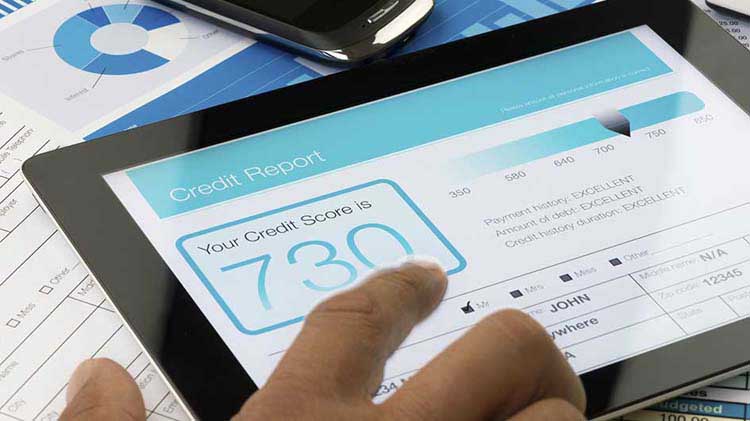Basic financial terms glossary
Whether you are ready to build your credit, consider investing or look into retirement, these terms may come in handy to help you plan your next financial move.
Credit terms
Doing some homework to understand important jargon can help you navigate credit with confidence. Here is some credit terminology to get you started:
- Revolving credit - Think credit card. A revolving account doesn't have an end date. You have a credit limit and must make payments toward the balance each month.
- Installment credit - Think student loan or car loan. Installment credit is a loan that's repaid over a defined period of time.
- Individual account - An account in which one person is responsible for the terms and payment obligations.
- Joint account - An account in which two people share the responsibility for the terms and payment obligations.
- Authorized user - An authorized user is someone the account owner gives permission to use an account. The account owner, however, is ultimately responsible for payment.
Get familiar with how you're managing your credit by pulling a free credit report. Want to know more about what makes up your credit score? Check out the five factors that make up your credit score.
Investing terms
Brushing up on basic investment terms may help you make more informed, confident decisions when you start investing. Take a look at a few terms that may help:
- Cash equivalents - Think savings account. Cash equivalents are highly liquid assets that pay you interest for holding your money in them. They are a low-risk, low-reward investment.
- Bonds - Think loan. Bonds are loans investors make to governments or corporations. The bond issuers promise to pay back the investor the full loan amount plus interest. Investors link bonds because they generally give a fixed interest rate.
- Stocks - Think own. When you buy a stock, you are buying a share of the company. You make money when the stock price goes up and lose money when the stock price goes down. The company may also issue you a dividend, which is the company sharing its profits with shareholders.
Did you know you might already be an investor? If you are putting money in retirement accounts (like a 401k or IRA), the best next step is to know what you're invested in, and whether it's right for you. Look into your retirement accounts and review your "asset allocation" — a fancy way of saying how your money is split up between stocks, bonds, and cash equivalents, and in what amounts.
If you're not an investor yet, check out this guide to investing to feel more prepared to take your first steps. Once you understand the different options for investing, you may better select which accounts (or a combination of a few) are right for you.
Retirement terms
It’s never too soon to start saving for retirement, but regardless of your age, learning about basic terms might be a good way to begin saving. Here are some concepts to help you start or continue in your retirement journey:
- 401k - Retirement plan offered by businesses.
- 403b - Retirement plan offered by nonprofits or public organizations.
- 457 - Retirement plan offered by local governmental agencies.
- IRA - Individual Retirement Accounts are a personal retirement account you can contribute to every year you've earned income.
- Roth IRA - Pay taxes today. Contributions made to any of the four above accounts are on an after-tax basis, which means you pay taxes on money you contribute today, but generally don't pay tax on the money you withdraw later.
- Traditional IRA - Pay taxes when you withdraw. Contributions made to any of the four above accounts are on a pre-tax basis, which means you generally pay no taxes on the money you contribute now, but you do pay taxes when you withdraw money in retirement.
- Roth IRA - Pay taxes today. Contributions made to any of the four above accounts are on an after-tax basis, which means you pay taxes on money you contribute today, but generally don't pay tax on the money you withdraw later.
Already saving? Review your accounts and make sure you are feeling confident in your savings plan. Otherwise, decide what accounts make sense for you and take the first step towards saving for your future today.
Most importantly, start (and keep) saving ASAP — no matter how much. Even a little bit can make an impact on your retirement. Ready to get real savvy with the numbers? Check out these retirement calculators.




